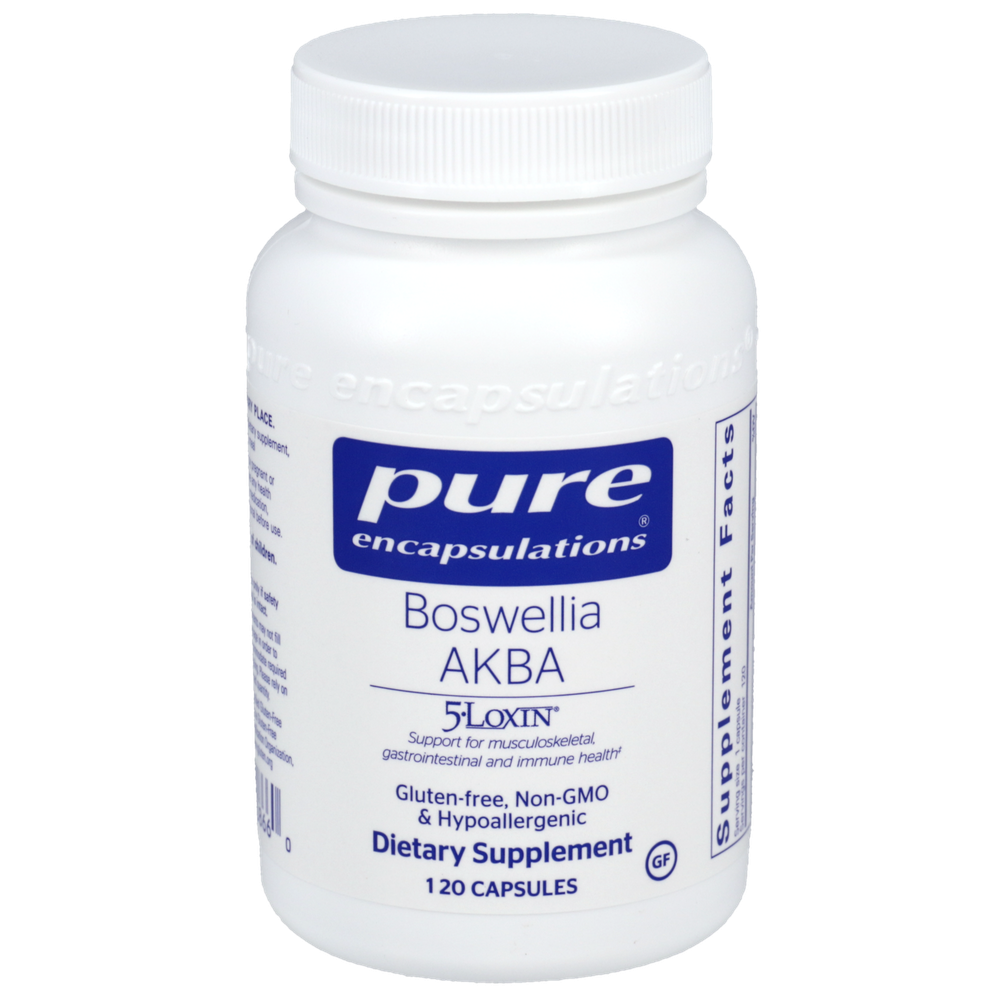All About Boswellia
Boswellia is the Latin name for Frankincense and the extract found on the supplement market is derived from the resin of the Boswellia tree. Used today for a variety of inflammatory issues, it is the same Frankincense brought by the Three Wise Men to the baby Jesus and valued for thousands of years for its healing properties. When discussing today’s supplements, frankincense refers to an essential oil derived from the resin, where Boswellia is a concentrated extract and the preferred form.
Boswellia blocks and inhibits a number of compounds that signal for inflammation in the body making it effective for a number of inflammation driven health conditions, like arthritis, asthma, and cancers. Boswellia can be especially valuable to brain tumor patients. We have a number of human studies that demonstrate its ability to reduce swelling and edema. Let’s look at them:
-A total of 20 GBM patients with radiochemotherapy-induced cerebral edema took 4500 mg of Boswellia per day. Cerebral edema was assessed at 4, 12, 22 and 34 weeks post-surgery, together with steroids consumption and patients' psychological status. The percentage of patients with reduced edema was constant during the study, while the percentage of those with reduced or stable edema tended to increase over time. Of note, two patients achieved a considerable reduction in brain edema, which led to a more favorable and beneficial surgical resection. A good percentage of patients assumed a stable/reduced steroids dose or were dexamethasone free during the study. Lastly, patients' QoL and psychological state were maintained throughout the study (Di Pierro et al., 2019).
-44 GBM patients were selected to receive 4200mg Boswellia or placebo. Reduction of cerebral edema of >75% was found in 60% of patients receiving Boswellia and in 26% of patients receiving placebo. In the BS patients, tumor volume (biggest lesion) changed from an average of 24.4 cm3 before radiotherapy to 2.9 cm3 after radiotherapy compared with 19.9 cm3 to 16.1 cm3 in the placebo group. This difference was statistically significant (P = .008). In the placebo group, 18% of patients had progressive disease (PD), 36% stable disease (SD), 36% partial response (PR) and 10% complete response (CR). In the BS group, 0% had PD (no one in the Boswellia group had progression!), 62% had SD, 25% had PR, and 13% had CR (Kirste et al., 2011).
-Twelve patients with brain tumors and progressive edema caused by tumor progression or radiochemotherapy-related leukoencephalopathy were treated with H15, a phytotherapeutic anti-inflammatory agent. Edema was reduced in two of seven patients with glioblastoma with tumor progression and in three of five patients with treatment-related leukoencephalopathy. All patients with leukoencephalopathy improved clinically for several months (Streffer et al., 2001).
-19 pediatric brain tumor patients received palliative therapy with Boswellia. 5 reported an improvement in general health status, 3 showed improvement of neurological symptoms (such as ataxia), 3 further patients showed increased muscular strength and one cachectic patient achieved a weight gain. The maximum dose used was 126mg per kg of body weight (Janssen et al., 2000).
-Doctors gave Boswellia pre-craniotomy in an effort to reduce inflammation and edema and improve surgical outcomes. Large doses were used, 1,800-3,200mg a day, instead of dexamethasone. After only 7 days, MRIs showed significant reductions in inflammation in edema, on average over 30% (Böker & Winking, 1997).
Boswellia can help relieve edema but it also blocks inflammatory compounds that proliferate cancer cells, and inhibits cancer cell proliferation, migration, and invasion. Boswellia induces apoptosis in cancer cells, inhibits cancer stem cells, and is directly cytotoxic to gliomas and other cancers.
On the supplement market, we find two different kinds of Boswellia extract. One has been made into an oil based extract that is sold in a soft gel. The soft gels are generally higher potency, but large and harder for some people to digest given all the oil/fat. The second type is a powdered extract in a gelatin capsule. These are slightly less potent, per cap, than the soft gel form, but easier on the stomach. The gelatin caps can be opened and emptied, the contents stirred into a bite of applesauce or yogurt, if capsules cannot be taken. I have not found a good quality, third party certified, liquid or powdered product on the supplement market. We are looking for a good boswellic acid content, specifically a certain type of boswellic acid, Acetyl-11-keto-beta-boswellic acid (AKBA). Ideally, we want a product that guarantees an AKBA content, which should be around 10% of the total boswellic acid content. Some products will boast the total boswellic acid content but not be able to guarantee the claim or the AKBA content with certification from a third party lab.
If you live in the US, you are welcome to create an account and order from my supplement dispensary, FullScript.
Please message me if you live outside the US and would like to order a good quality Boswellia product.

